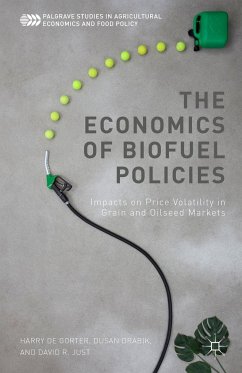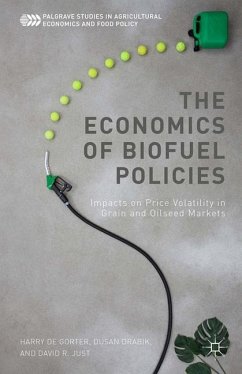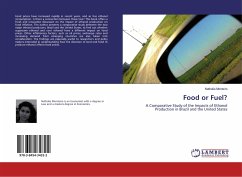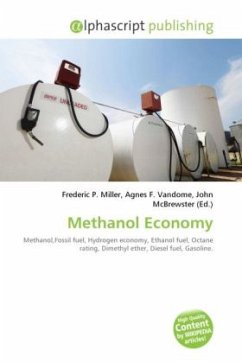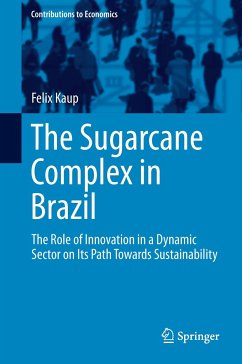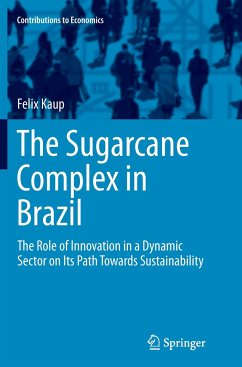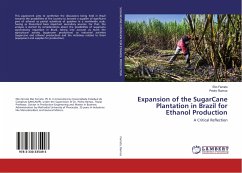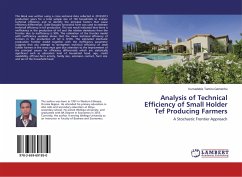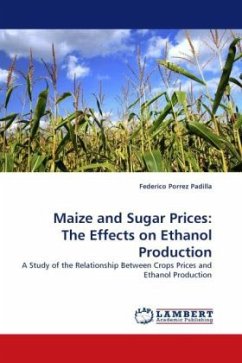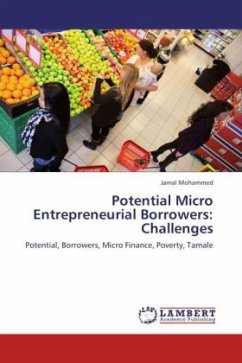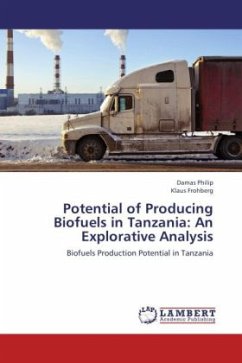
Potential of Producing Biofuels in Tanzania: An Explorative Analysis
Biofuels Production Potential in Tanzania
Versandkostenfrei!
Versandfertig in 6-10 Tagen
45,99 €
inkl. MwSt.

PAYBACK Punkte
23 °P sammeln!
Tanzania depends exclusively on imports for its oil requirements. The country s dependency on oil imports has made it very vulnerable to increases in world oil prices and local oil demand. For instance, due to the increase in demand and prices the value of the country s oil imports rose from US$ 400.3 million in 2003 to US$ 1.1 billion in 2005. Therefore, it is obvious that the cost of importing oil is a heavy burden for the country s economy. This study is an attempt to contribute towards the knowledge base regarding the feasibility of producing biofuels in the Tanzania so as to reduce the co...
Tanzania depends exclusively on imports for its oil requirements. The country s dependency on oil imports has made it very vulnerable to increases in world oil prices and local oil demand. For instance, due to the increase in demand and prices the value of the country s oil imports rose from US$ 400.3 million in 2003 to US$ 1.1 billion in 2005. Therefore, it is obvious that the cost of importing oil is a heavy burden for the country s economy. This study is an attempt to contribute towards the knowledge base regarding the feasibility of producing biofuels in the Tanzania so as to reduce the country s dependence on oil imports. The results show that ethanol can be produced in the country for as low as US$ 0.276 per litre by using sugarcane as a feedstock. Moreover, the results show that ethanol produced in the country can compete with traditional fossil petrol if world oil prices would not fall below US$ 30 a barrel. Since the world oil price is well above US$ 30 a barrel, then itcan be concluded that ethanol can be produced competitively in Tanzania. Moreover, the results show that the production of biodiesel would require the world oil price to be at least US$ 60 a barrel.



